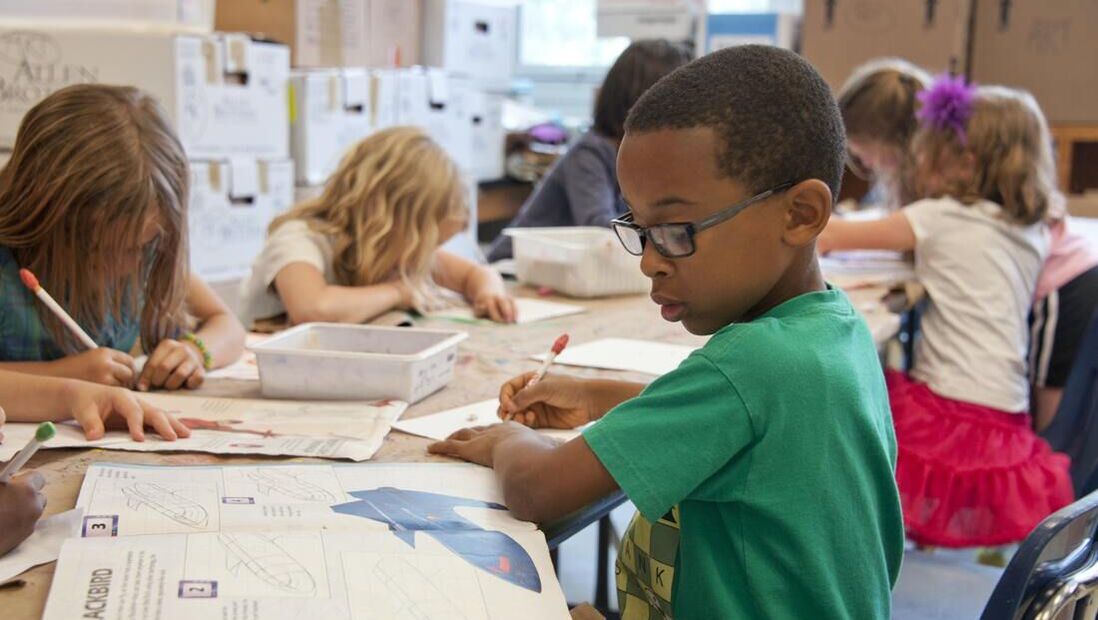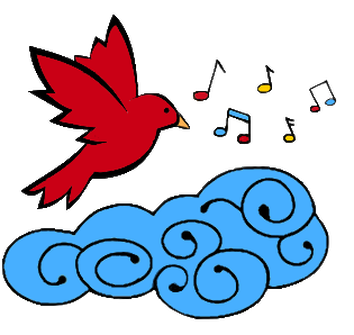|
If you’re thinking of moving to Portugal and you have kids, one thing that might be holding you back is the lack of knowledge about the school system in the country. Well, fear no more! In this article, we’ll go over everything you need to know. What kind of schools are there?
Portuguese schools can generally be divided into state schools, private schools—which include international schools— and Social Solidarity Particular Institutions (IPSS), private non-profit institutions that exist to support more vulnerable students. Homeschooling is also an option. These options have advantages and disadvantages, and your best option will depend on several factors. Generally, if your kid is older, you’re worried about adaptation and grades getting worse and can afford to spend some money on tuition, international schools can be a good option. If not, public schools do have some extra support for foreign students! General information on school grades, hours, and curriculum Pre-school Pre-school education is not mandatory, but it’s available for parents who can’t home-school. The preschool curriculum focuses on the child’s personal and social development, communication and expression—which includes physical education and artistic education, as well as an introduction to spoken language, math, and writing—and knowledge of the world. Work hours of preschool education can vary, but there are some consistent guidelines across all institutions; there need to be 5 daily hours of teaching, the school can’t close before 5:30 and must be open for a minimum of 8 hours. “Creches” are nurseries or daycares for children from 0-3 years old. Daycare accessibility has been an issue for parents for a long time, and a law was passed recently to help with this. If your child was born after September 1st, 2021, you will have an option for free daycare, and be able to find a spot more easily near you. Jardim-de-infância or kindergarten is meant for children from ages 3 to 6, and there are public and private options for parents. School Education between the ages of 6 and 18 is free and mandatory in Portugal, and it’s divided into 12 grades, which are organized into basic and secondary education. The school year starts in September, and it’s divided into three terms, interrupted by school holidays in the Summer, on Christmas and New Year's, and on Easter. The school day will start at around 8AM and go until 5:30PM at the latest, with some school days finishing at lunchtime. Basic Education Basic education is divided into 3 cycles — 1º ciclo (1-4th grade), 2º ciclo (5-6th grade) and 3º ciclo (7-9th grade). The general goal of basic education is to provide a solid knowledge base for the child to navigate the world. Generally, the curriculum includes the following subjects:
Secondary Education Secondary education includes 10th, 11th, and 12th grades. High school is three years in Portugal, as opposed to four years in the States. The goal with secondary education is to prepare a child for college or to enter the job market. There are exams during the 11th and 12th grades, which, along with an internal grade average, will be a determining factor for college admissions. When going into the 10th grade, students who want to go into higher education choose one of four courses: science and technology, languages and humanities, socioeconomic sciences and visual arts. There’ll be specific subjects for each course and general subjects for every student in a school. The general subjects include:
The specific subjects of course vary but include things like math applied to the social sciences, descriptive geometry, and law. How do you enroll a child in school? Portal das Matrículas is an online portal created to make school registration easier for the parents. It allows you to enroll, renew your enrollment and transfer schools, no matter if your child is in a public, private or IPSS institution. If you’re doing this process for the first time and feel overwhelmed, you can try going directly to a nearby school, and the school staff will be able to help you or redirect you. Good news! The enrollment process can be automatic within the same school cycle if there are no changes like school transfers or choosing of subjects. Look here to see all exceptions to this automatization. When enrolling for the first time, you’ll apply to five schools, in order of preference, that are either close to your home or to your place of work. You’ll need some documents for this process. After this, you’ll get contacted by the school and know if your child was accepted or not. You'll also need to appoint an “Encarregado de Educação” or educational representative, who is the person first contacted about the child’s education. They’ll be the ones to sign tests and permission slips and go to parent-teacher meetings. What documents do I need to enroll my child in school? Here’s a forewarning: Portugal is an incredibly bureaucratic country. If you think the DMV is bad, get ready. The best strategy to deal with this amount of bureaucracy is to be overly prepared and mentally ready for a lot of back and forth. For this reason, this list will likely include more documents than you’ll need. Here are some documents you might need:
Some final thoughts Hopefully, this brief overview gave you some insight into the Portuguese educational system and some peace of mind about the process. Portugal is an ideal country to raise a child, as it’s safe and has a high quality of life. In the end, the leap of faith that is moving to a new country will certainly be worth it, so keep preserving! If you're considering schooling options for your child in Portugal, contact us for a free consultation to explore the best educational opportunities tailored to your family's need.
0 Comments
Leave a Reply. |
AuthorWrite something about yourself. No need to be fancy, just an overview. Archives
June 2024
Categories
All
|
Music & Language Learning Center |
Music Classes |
Language Classes |
MUSIC AND LANGUAGE LEARNING CENTER 2024



 RSS Feed
RSS Feed

